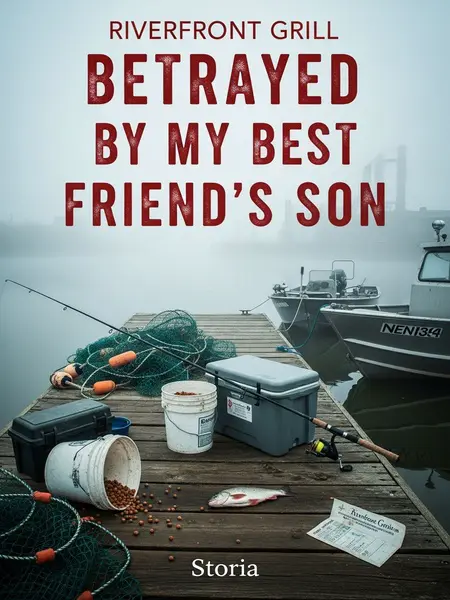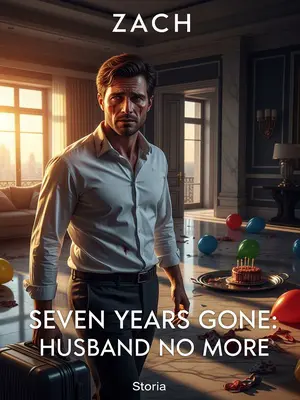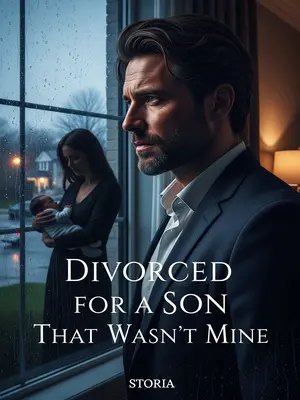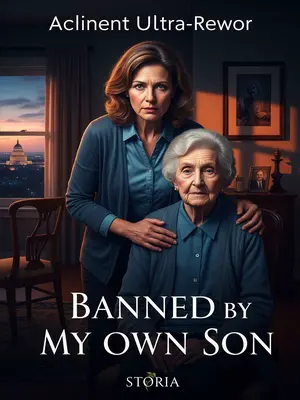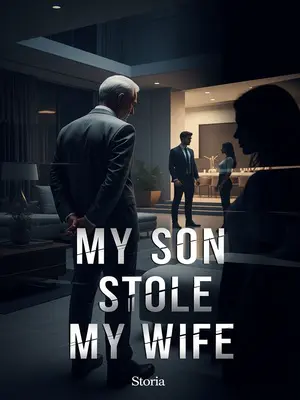Chapter 1: The Back Door Slam
I delivered wild-caught striped bass to the restaurant I’d partnered with for years, only to get turned away at the back door.
I stood there, the sticky Savannah air practically gluing my shirt to my skin, wondering how this day had gone off the rails so fast. This restaurant wasn’t just any client—it was where I’d practically grown up in the business, shaking hands out back and swapping fish stories while the scent of fryer oil floated in from the kitchen vents. But today, the steel door slammed shut, and I was left pacing next to my pickup, buckets of premium bass sweating ice in the bed.
A bead of sweat slid down my spine, and the tang of river mud mixed with fryer oil made the air feel thick enough to chew. After waiting anxiously for hours in the muggy Savannah heat, the owner’s son finally sauntered over.
He showed up with the kind of swagger you see in old money southern boys—chewing a toothpick, sunglasses perched on his head. His sneakers scuffed the concrete as he strolled up, every movement screaming that he was doing me a favor just by coming out. I could hear the clatter of lunch prep inside, the pulse of kitchen music, while the minutes dragged by.
“Most of your fish are already dead. For my dad’s sake, I’ll do you a favor and take them.”
His words stung, especially the way he said "for my dad’s sake," like charity. I tried to keep a neutral face, but I could feel my jaw tightening. He didn’t even look at the fish, just wrinkled his nose as if he could smell failure on me instead of the fresh catch.
“Five bucks a pound. Bring them in.”
That price hit me like a slap. These were premium, semi-wild, large striped bass, with a market price of forty dollars a pound.
The offer was absurd—practically an insult. I thought of all the sunburns, the early mornings, the years spent learning tides and weather, and here he was lowballing me like I was hawking leftovers out of a truck bed on the highway.
Because of our long-standing relationship, I’d always sold them to his family for thirty, never once raising the price.
I remembered every handshake, every Christmas card, every time I’d gone out of my way to bring them the best. For twenty years, I’d never once stiffed them, never even thought to haggle up the price when the market soared. I always believed in loyalty over a quick buck.
Trying to keep my anger in check, I said, “You don’t get to decide this, Tyler. Go get your dad. Now.”
I kept my voice calm, but my fingers twitched at my sides. I could feel the stares from kitchen staff through the screen door, waiting to see how this old-school standoff would end.
He kicked over my fish basket.
My fists clenched so tight my nails dug into my palms. I wanted to shout, but all I could do was bite down hard and stare him in the eye. The clatter echoed across the alley. Water sloshed everywhere, a couple of fish flopped, their bodies glistening in the sun. I felt a white-hot flash of rage, but I forced myself to stay steady—this was business, not a bar fight.
“Old Ben’s striped bass has always been six bucks a pound. You’ve been ripping us off for years.”
The accusation stung more than the insult. I’d practically watched Tyler grow up, and now he was calling me a cheat right here in public.
“My dad’s too soft to say it, but I’m not. Today I’ll take them at five, and from now on, I’ll give you six for live fish.”
I told my guys to pick up the buckets and leave.
Nobody spoke. The only sound was the scrape of buckets on concrete and the distant buzz of cicadas. Without a word, my crew—mostly local boys who’d been with me since high school—swooped in, setting the buckets right, gathering what fish they could. The alley grew quiet, tension thick as Spanish moss on a live oak. We loaded up the truck, not looking back.
Later, because they used dead fish for their signature dish, the restaurant got trashed by furious customers.
Word spread fast in Savannah. By dinner, the place was blowing up on Yelp, one-star reviews piling up. Folks were posting photos of gray, limp fillets and warning others to steer clear. It was the kind of local scandal that ran hotter than a summer sidewalk, and nobody in the restaurant world could ignore it.
His father came to my door in person, pleading with me to do him a favor, willing to pay any price.
I’d never seen Tom Caldwell look so worn down. He stood on my porch, hat in hand, sweat streaking his shirt, desperation in his eyes. This wasn’t business anymore—it was a man asking another man for mercy, his reputation in tatters, his pride left behind at the curb.
